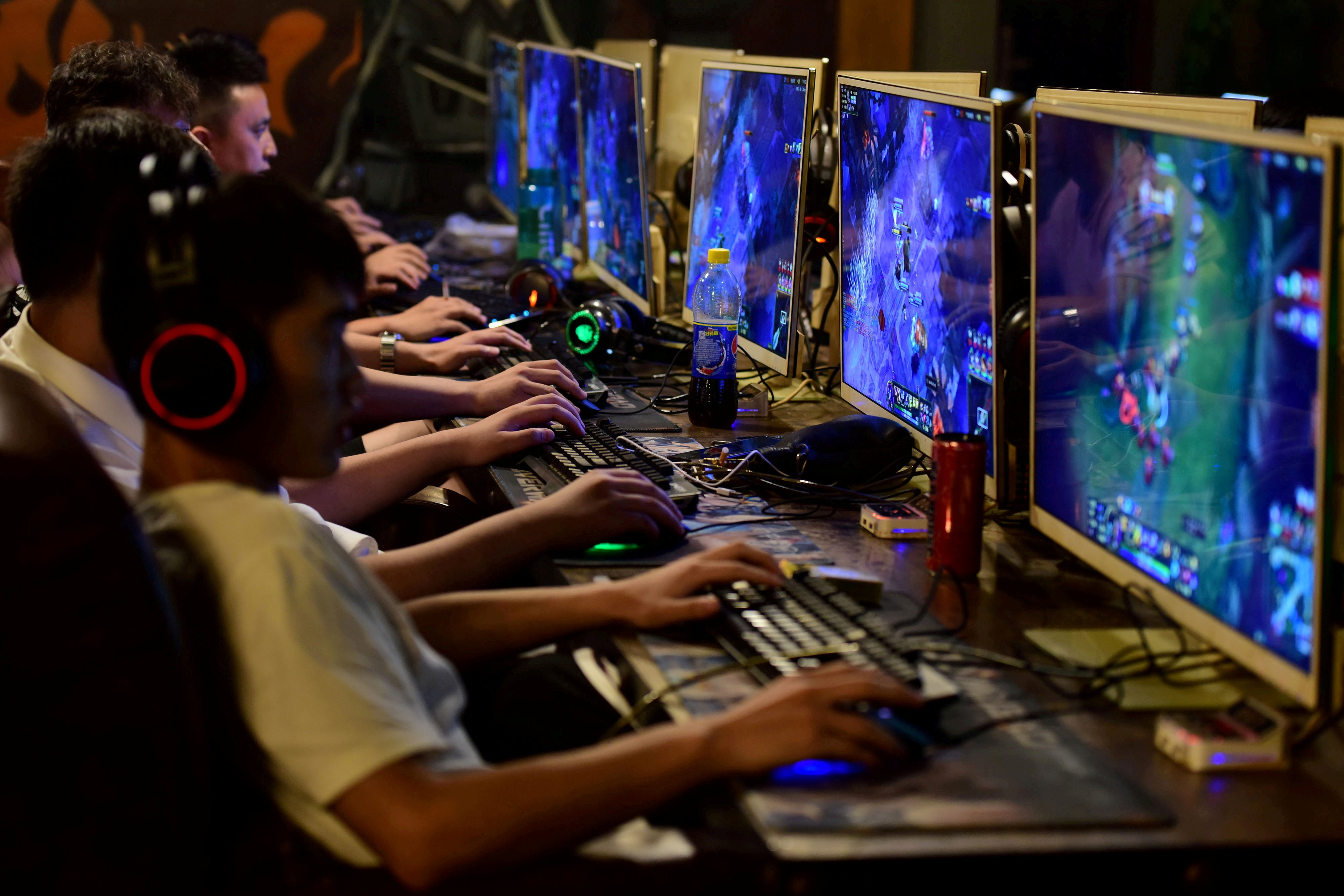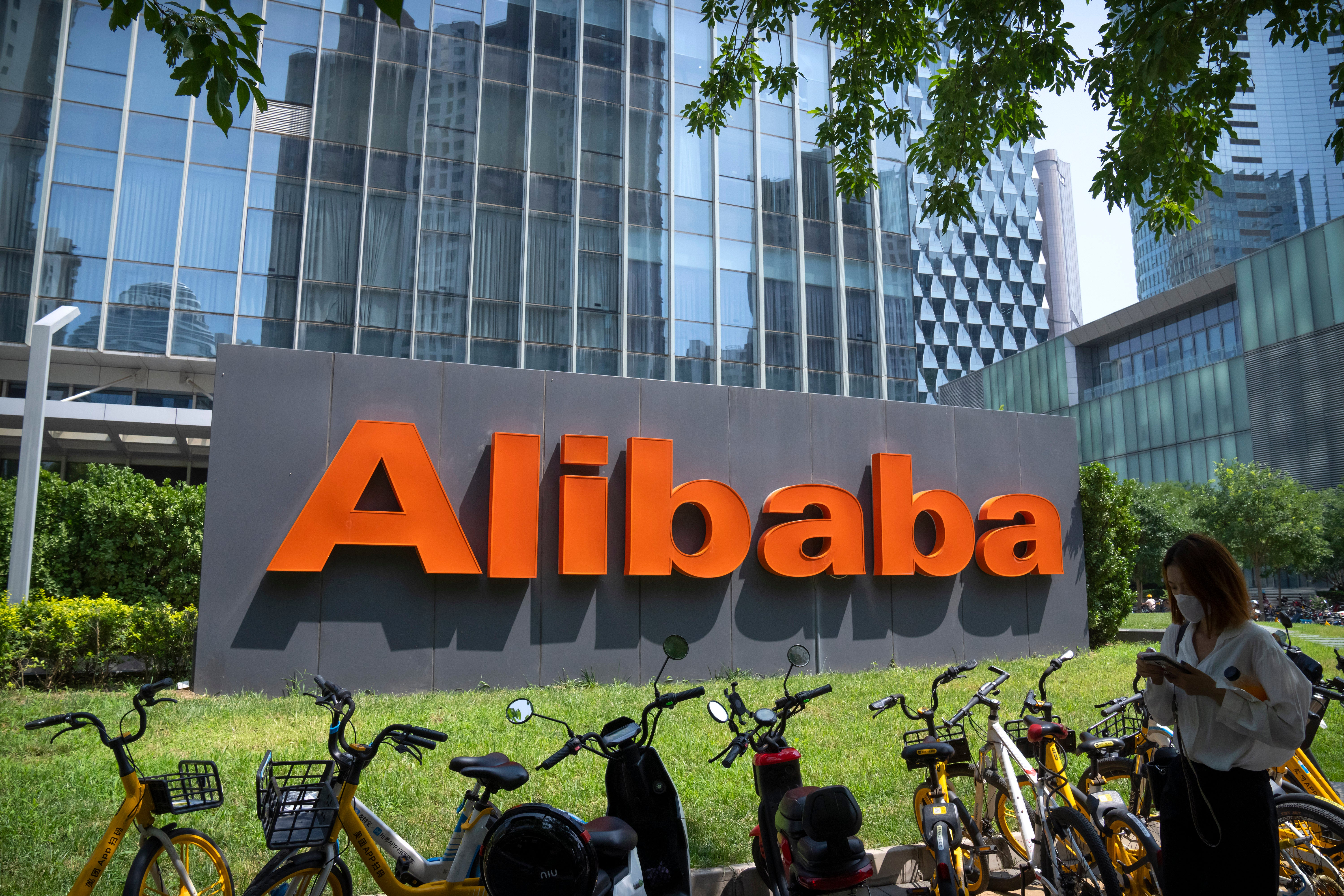Adapt or vanish: how Beijing’s guidelines for ‘civilized cyberspace’ reflect ever tighter censorship
Last week, China’s state council issued a new guideline detailing how the government hopes to create a “civilized” cyberspace. Some experts view this as part of the larger crackdown that is aimed at tightening control over civil society, writes William Yang


Amid China’s ongoing crackdown on multiple sectors in civil society, the country’s state council published a set of guidelines last week, aiming to promote a “civilized” internet by strengthening supervision over news websites and online platforms by asking them to promote socialist values.
According to the guidelines, cyberspace should promote education about the Chinese Communist Party (CCP) and its achievements, while adopting a clear stance against “historical nihilism,” which refers to any attempt to use events from the past to challenge the leading role of the CCP.
On the other hand, good moral values should be promoted through publicizing examples set by “model workers.” Online platforms should cultivate ethics and rules based on the socialist core values by explaining to China’s younger generation how to “correctly” and “safely” use the internet.
These regulations are based on many previous draft guidelines and hope to better protect minors in China from online bullying, combating fake news and verifying fake accounts.
The guideline comes amid the CCP’s broad crackdown on several sectors in China, including entertainment, education and technology. The government has issued new restrictions on the amount of time minors are allowed to play video games each week while removing content related to certain celebrities from online video-streaming platforms.
Additionally, the government has also launched an antitrust campaign against some of China’s biggest tech giants like Alibaba and Didi Chuxing, imposing record-breaking fines on them while forcing them to suspend plans to launch their IPOs abroad.
While many are still trying to understand Beijing’s intention behind these new guidelines, some analysts say the essence of these guidelines are not too different from other announcements that the CCP has made in the past.
The escalation of suppression has scared a lot of people in China, which results in a lot of discontent and pushed some people to go beyond the Great Fire Wall
“The CCP has been issuing similar documents for years, and in every document, they always try to emphasize the importance of the socialist core values,” said Liu Lipeng, a former censor operator at China’s Weibo and a journalist at the US-based China Digital Times.
“It seems to me that there is no difference from the past. One notable thing is the excessive degree of the restrictions imposed on civil society by the CCP. It’s obvious that the crackdown on online fandom culture comes from the top leadership within the party, even though the announcement was made through government ministries,” he added.
Liu says while the CCP usually likes to make an example out of specific individuals or sectors, this crackdown seems to reflect the CCP’s determination to tighten control over certain industries, even if it means killing the space for them to survive.
Others also point out that instead of issuing one set of guidelines, the Chinese government has been imposing different sets of policies targeting various sectors in a coordinated fashion. These policies come in different sets and there is a high degree of coordination in emphasizing morality and ensuring that children are educated correctly through good guidelines,” said Rui Zhong, a program associate at the Kissinger Institute on China and the US at the Wilson Center.

According to her, there are a lot of morality-related changes and suggestions centred on children and teens in China and the Chinese authorities use a different toolbox to ensure civil society doesn’t deviate from the path envisioned by the government. “The Chinese government uses a different toolbox to clamp down on what regulators see as deviations from the social norms that they idealize,” she told The Independent.
Liu Lipeng says all the actions adopted by Chinese authorities will have the effect of increasing online censorship. “It’s obvious that these guidelines are likely to increase cyber censorship, since they’ve never relaxed cyber censorship in China,” he said.
“They are the mastermind of the censorship system, so the policies they rolled out will definitely have huge impacts on users’ habits. This large-scale crackdown has obviously created a lot of discontent among Chinese netizens in the country. On the other hand, those outside of China are talking about how the crackdown is accelerating the pace of control,” he told The Independent.
Either content creators adapt or they vanish and more acceptable content creators take their place
Rui Zhong says one possible outcome of enforcing this new cyberspace guideline is that most of the content that “survives” are those that are more patriotic or more in line with government regulations. “Either content creators adapt or they vanish and more acceptable content creators take their place,” she said. “The content that is being inappropriate again is pushed down and what rises to the top is acceptable content.”
Liu says while China may originally hope to create an environment where the country’s cyberspace is isolated from the rest of the world and Chinese users are unified in their consciousness, the sudden escalated crackdown has created an opposite trend. “The escalation of suppression has scared a lot of people in China, which results in a lot of discontent and pushed some people to go beyond the Great Fire Wall,” he told The Independent.
“These practices may have the opposite effect of what China wants, but I don’t think the Chinese government cares. They still have a very strong control over civil society, and they can always try to arrest those who break the rules if the situation escalates,” he added.

Join our commenting forum
Join thought-provoking conversations, follow other Independent readers and see their replies
Comments
Bookmark popover
Removed from bookmarks